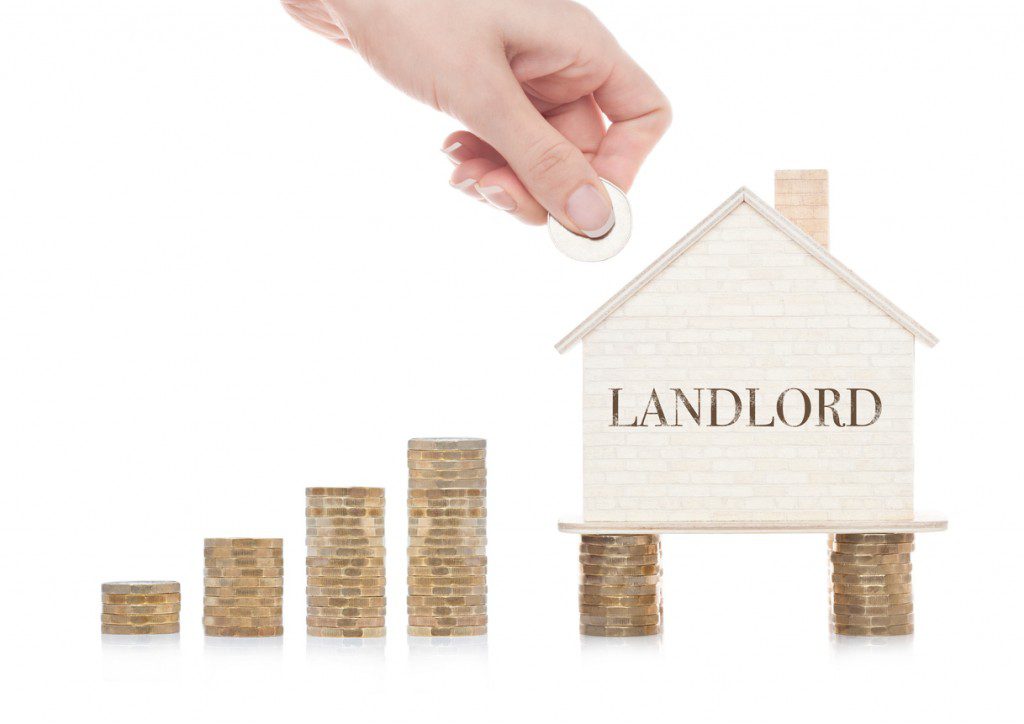


Freehold or Leasehold – the ins and outs
When buying a property, you can do so either on a leasehold or freehold basis and there are important differences to be aware of before you sign on the dotted line.
With a leasehold property you own the property and its land for a fixed period, depending on the agreement you have with the landlord. This effectively makes you a tenant and means you could be liable for things like ground rent or property maintenance bills.
Freehold means you own the property and the land it sits on.
Generally, leasehold is the ownership structure that’s in place when you buy a flat, apartment or maisonette in England, Wales and Northern Ireland. Most houses are sold on a freehold basis.
A bad press for leasehold ownership
You may have seen some negative headlines about leaseholds in the press last year, featuring a number of homeowners who face seemingly unfair terms and unexpected costs once they’ve moved in.
In recent years, developers have increasingly been building and then selling houses on a leasehold basis; exposing homeowners to additional costs they wouldn’t normally need to worry about with a freehold house purchase.
What’s more, these leasehold agreements can include terms which may have been overlooked by the buyer during the purchase, such as the doubling of ground rent every 10 years. In these cases, developers have often sold the freehold of these properties without the homeowner’s knowledge, and the new landlords have increased the charges.
If a landlord wants to sell the freehold of a block of flats, they are legally required to give the leaseholders the opportunity to buy it. However, this law doesn’t apply to leasehold houses.
Will the law change?
With 1.4 million leasehold houses across England and the number of leasehold sales growing rapidly, the government is taking action to make the leasehold market fairer. In Dec 2017, Communities Secretary, Sajid Javid, announced new measures to cut out these unfair practices within the leasehold system, including a ban on leaseholds for almost all new build houses.
What to do if you’re concerned
If you’re purchasing a property or have purchased a new build property recently, and you’re not sure if it’s a freehold or leasehold ownership, speak to your solicitor. They will be able to find out and give you more guidance.
If you’re looking to buy your first home, or move up the property ladder, please contact us and we’ll advise you on a range of mortgage deals, including exclusive rates that might not be available on the high street.
Your home may be repossessed if you do not keep up repayments on your mortgage.




